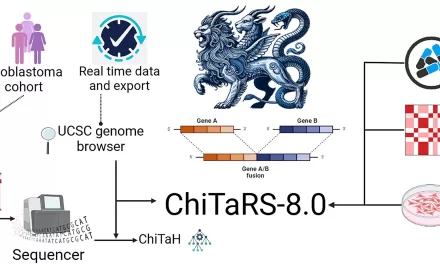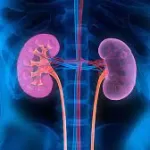The 12th round of negotiations toward a global accord on pandemic prevention, preparedness, and response ended Friday without a conclusive agreement. Despite progress in the talks, rich and poor nations remain at odds over the key details needed to make the agreement work, leaving the future of global pandemic preparedness uncertain.
A Global Pact Born from COVID-19’s Devastation
The COVID-19 pandemic highlighted critical flaws in the global response to health crises, claiming millions of lives, overwhelming health systems, and ravaging economies. In December 2021, world leaders decided to draft a new international treaty aimed at improving pandemic management. Negotiations began in February 2022, with countries setting a target of concluding the agreement by the 2025 World Health Assembly, though hopes were high that it could be completed by the end of 2024.
What Has Been Accomplished?
While the draft of the treaty contains 35 articles, the negotiations have made limited progress. As of now, 17 articles have been fully agreed upon, and 12 are mostly settled, though some are merely procedural. However, the most contentious and crucial articles are still unresolved.
Key Points of Contention
Several core issues remain under dispute, and these are holding up progress on the accord:
- Pandemic Prevention and Surveillance (Article 4): This article would strengthen national capacities for detecting and preventing pandemics, including zoonotic diseases. Smaller nations argue they need financial support to meet these obligations.
- One Health Approach (Article 5): Focusing on the interconnectedness of human, animal, and environmental health, no consensus has been reached on this article.
- Technology Transfer (Article 11): This article addresses the transfer of technology for the production of pandemic-related health products. Wealthier nations want this to be done on voluntary, mutually agreed terms, while others advocate for mandatory provisions.
- Pathogen Access and Benefit-Sharing System (PABS – Article 12): PABS is considered the heart of the agreement. It would require countries to share data on emerging pathogens and ensure that the benefits, such as vaccines and treatments, are accessible to poorer nations. Disagreements persist over the amount of production that should be available at no cost to developing nations.
- Supply Chain and Logistics (Article 13): This article focuses on establishing a Global Supply Chain and Logistics Network to ensure equitable access to pandemic-related products. While the article has received general approval, there is a dispute over whether access should be “unhindered,” with some nations pushing for stronger language.
Diverging National Perspectives
Representatives from various countries expressed their views on the ongoing negotiations:
- Tanzania (speaking for 48 African countries) emphasized that while progress had been slow, the remaining issues were crucial and hoped that the December meeting could resolve them.
- The Philippines, representing the 35-nation Equity Group, stressed the need for consensus on key equity-related articles, emphasizing the importance of achieving a fair and effective pandemic response framework.
- Indonesia highlighted the necessity of true equity, warning that without it, the agreement would fail to deliver the transformative change needed.
- Eswatini expressed cautious optimism, stating that while challenges remain, there is still hope for finalizing the negotiations.
Dr. Michael Ryan, WHO’s director of emergency programs, noted an acceleration of common will among nations to reach an agreement. However, he acknowledged that time was not on their side, urging that determination would be key to success.
Potential Breakthroughs and Next Steps
Some negotiators believe that making a breakthrough on a single article or agreeing to trade-offs on multiple issues could help break the deadlock. Others have suggested moving forward with a skeleton agreement, leaving some details, particularly related to PABS, to be fleshed out in future rounds.
The possibility of a special session of the World Health Assembly, dedicated solely to the pandemic accord, is being considered. This would allow negotiators to focus entirely on the treaty without the distractions of other health-related business at the regular May 2025 session.
Looking Ahead
The next round of talks will take place from December 2-6, where countries will evaluate whether they are ready to call for a special session. If successful, the treaty could be finalized by May 2025, marking an unprecedented speed for such international agreements. However, with the significant hurdles still in place, the outcome remains uncertain.
As negotiations continue, the world watches closely, with hopes that a comprehensive, equitable framework can be established to prevent future pandemics from wreaking havoc on global health and economies once more.












